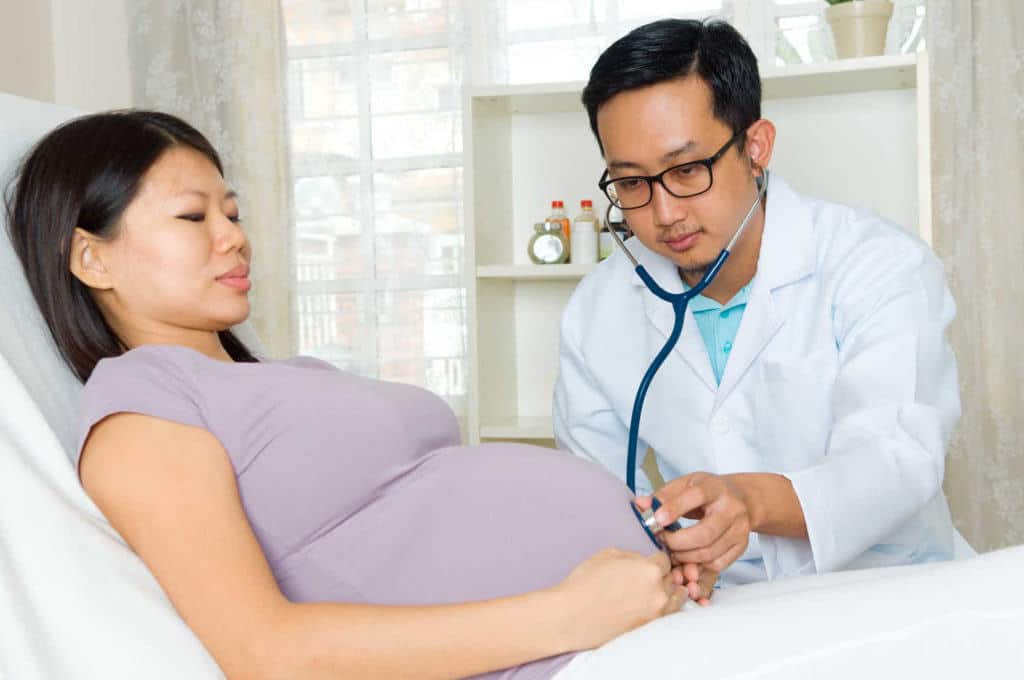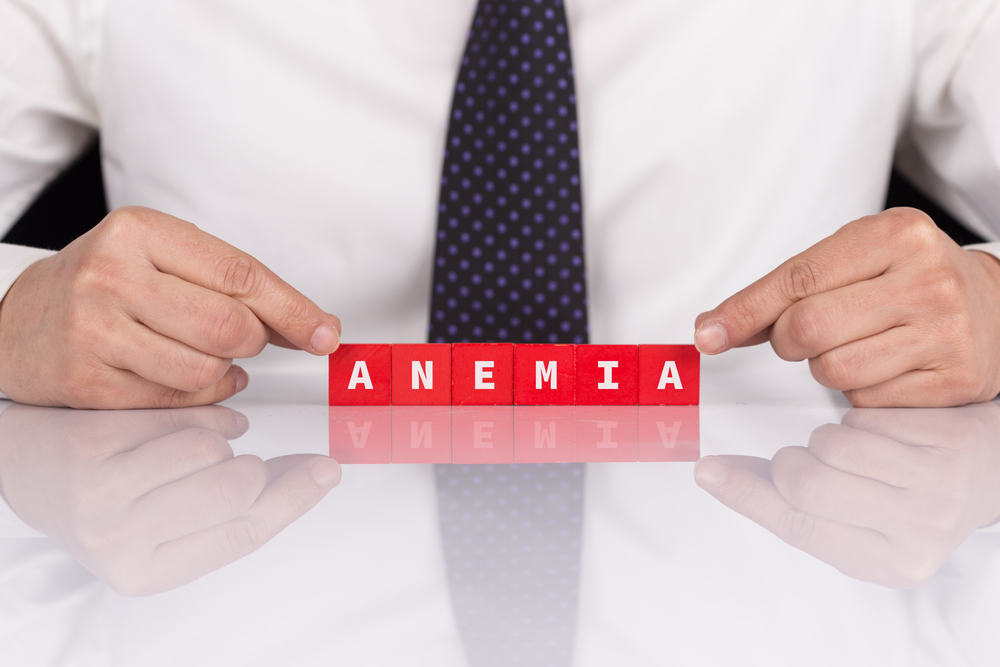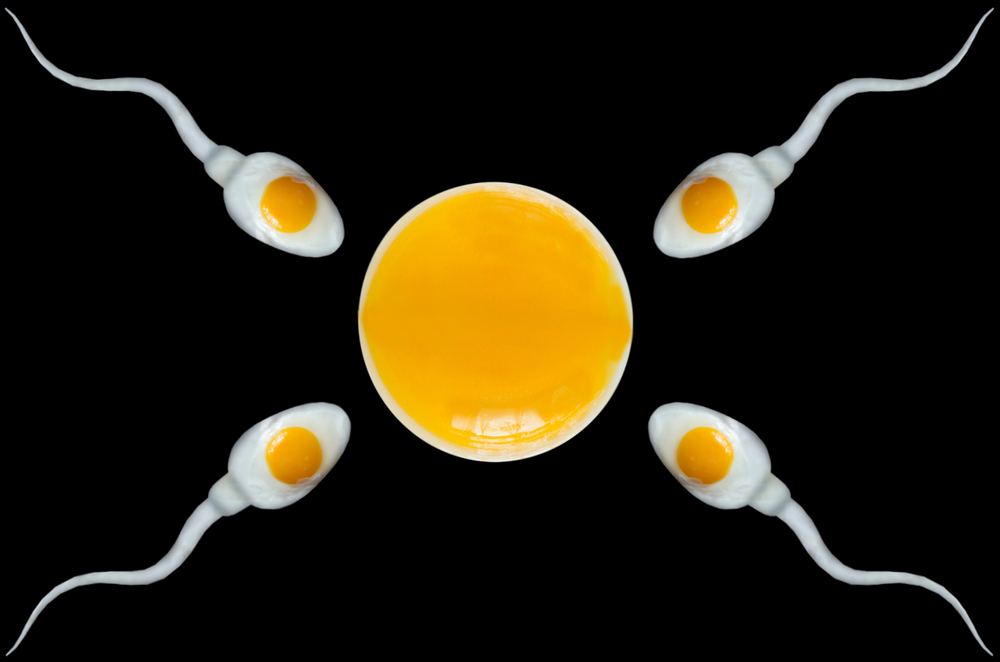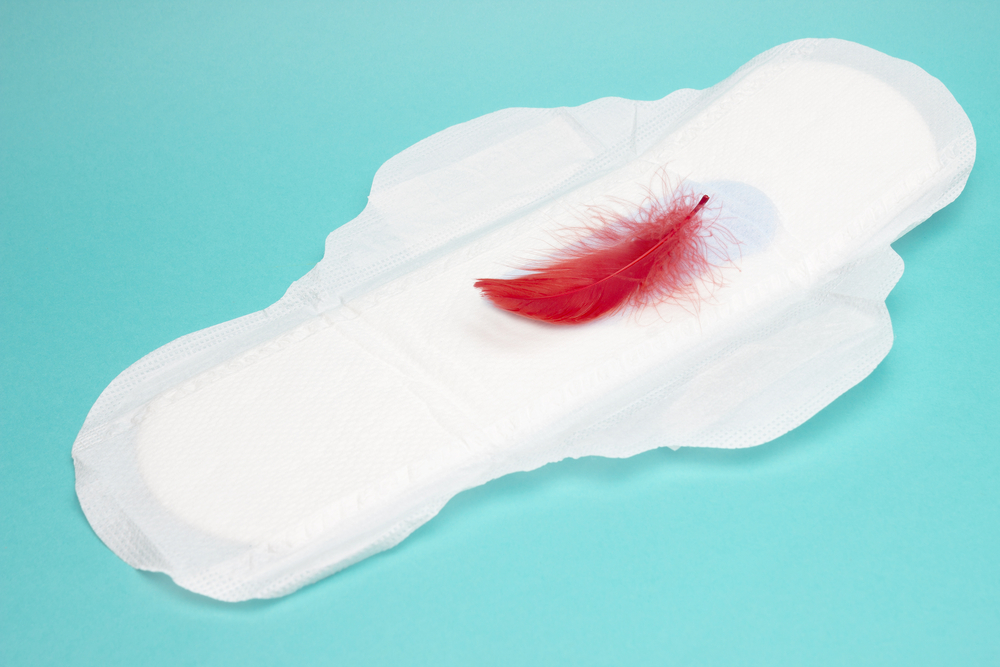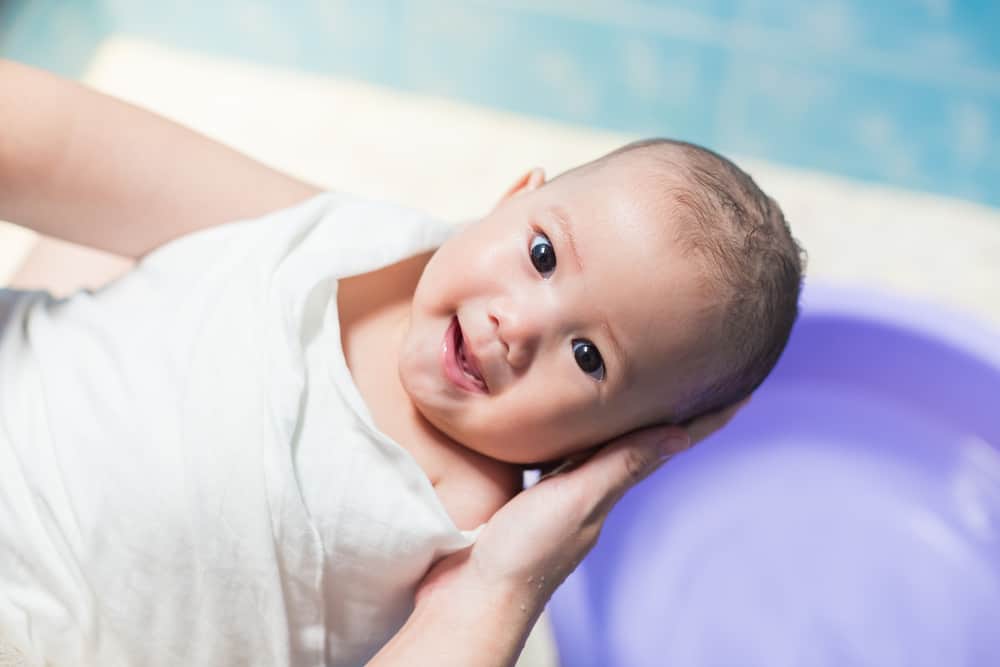Contents:
- Medical Video: Carolina Bibbo, MD, Discusses Twin Pregnancy Video - Brigham and Women’s Hospital
- How many meetings are needed?
- What types of tests and scans will be done?
- Will my labor be induced?
- Do I need to see another doctor?
Medical Video: Carolina Bibbo, MD, Discusses Twin Pregnancy Video - Brigham and Women’s Hospital
Most mothers have healthy twin pregnancies. However, because multiple pregnancies are more complicated than normal pregnancies, the obstetrician and midwife must monitor the care of your pregnancy.
You will do a pregnancy check up at the hospital, but it can also be done at the clinic. Ask if the hospital has a midwife or doctor who has a twin birth specialist.
How many meetings are needed?
The number of meetings depends on:
- Hospital policy
- Do you experience complications in pregnancy
- Do your twins share the placenta
You should have made an agreement with the midwife when you are 12 weeks pregnant, in which the mother who contains one baby usually checks the pregnancy. This needs to be done because you might not know if you are pregnant with twins.
If your twins have each placenta (all non-identical twins and some identical twins are usually like this), you should meet at least 8 times during pregnancy.
At least 2 of your meetings are conducted with a consultant obstetrician. The meetings you have to do are: regular meetings, ultrasound, between 11 weeks and 13 weeks plus 6 days. This is to estimate the date of birth of your baby and check for presence Down's syndrome. Scan Anomalies were performed to check the baby's development between the 18th and 20th weeks plus 6 days. Scan this will be scheduled for one of the meetings. Pregnancy and growth scan conducted at the 20th, 24th, 28th, 32nd and 36th weeks. You will also meet with the midwife without scan at the 16th and 34th weeks.
If your twin baby shares placenta (identical twins), you will need more checks, at least 9 meetings. At least 2 of your meetings are conducted with a consultant obstetrician, because in some cases, one baby has fewer placenta and does not grow as well as the other twins.
If your twins share a placenta, you must meet, ultrasound and scan the same anomaly as the mother containing twins with separate placenta. You will meet and scan at 16, 18, 20, 22, 24, 28, 32 and 34 weeks.
The rare complication in identical twins is twin-to-twin transfusion syndrome (TTTS), where one baby (recipient) receives too much blood, and another baby (donor) receives too little. The doctor will examine these complications at your pregnancy check-up meeting.
What types of tests and scans will be done?
Every pregnancy check-up meeting, your doctor or midwife will check your urine to see signs of gestational diabetes, urinary tract infections (UTI) and pre-eclampsia. Blood pressure will also be examined, where high blood pressure and protein in the urine indicate pre-eclampsia.
You will also do a blood test to see anemia between the 20th and 24th weeks and 28th week. Anemia is more common in multiple pregnancies.
Blood test for Down's syndrome and other disorders will not be too effective if you have two or more babies. So you will be given nuchal translucency scan (NTS) to see where it is Down's syndrome or other abnormalities.
The most effective NTS is done between the 11th and 13th weeks plus 6 days in pregnancy. Results of scan usually combined with blood test results for more accurate results.
Anad will also undergo ultrasound in the last trimester compared to if you have one baby. This is useful for checking the growth and position of the baby, blood flow and also if your baby is sharing the placenta. Sonographer will measure your baby from week 20, and the scan must be done with a distance of less than 28 days.
Will my labor be induced?
More than half of twin births occur before 37 weeks, or the full term for multiple pregnancies.
If you have not given birth after 37 weeks, your consultant will offer induction or caesarean section. This is done if you have no pregnancy complications and your baby has their own placenta. All non-identical twins and one-third of identical twins have their own placenta.
If your twins share a placenta, the doctor will suggest giving birth early, between the 36th and 38th weeks, due to a higher risk of complications.
How early your baby is born depends on your condition, where you live and hospital policy. Talk to your doctor about your situation so you can make the right decision.
Do I need to see another doctor?
Because mothers who contain twins have a higher risk of complications, you may need to visit a specialist, if needed.
You may experience back pain during pregnancy, such as sciatica, back pain, and pelvis. In such cases, you need to see a physiotherapist for women.
Mothers with multiple pregnancies can also experience depression during or after pregnancy. If this happens to you, talk to your doctor or midwife about meeting with a specialist, so you get the treatment you need.
Hello Health Group does not provide medical advice, diagnosis or treatment.

